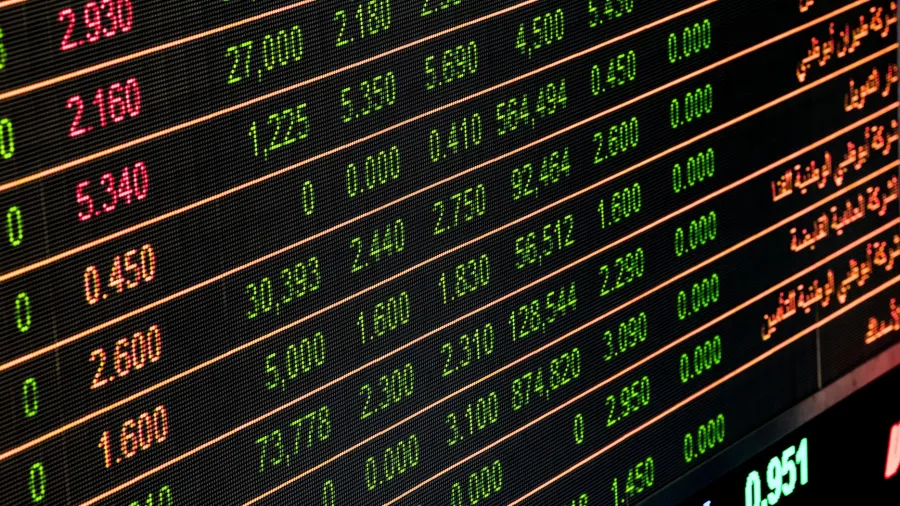
What China’s cybersecurity crackdown means for HK’s stock market?
It is expected to drive companies to list in Hong Kong, if it means they can be exempted from the review.
In a move to further tighten its regulations, China proposed to subject Chinese companies looking to go public abroad into a cybersecurity review. The regulatory crackdown is expected to drive companies to Hong Kong, especially as reports claim it will likely be exempted from the review.
But, aside from this, in what ways will the cybersecurity review affect Hong Kong’s stock market?
The stricter regulatory measure first came into light after ride-hailing firm Didi Travel Technology Co. Ltd. was ordered by the Cyberspace Administration of China (CAC) to take down its application over “serious violations” of its policies just days after it was listed in the US.
The CAC later kicked off the public consultation for its proposal to revise its cybersecurity measures to include operators, holding personal information of over 1 million users, with plans to launch their initial public offering (IPO) overseas.
This is intended to prevent risks of having other governments access to a large amount of personal information, which could be used “maliciously.”
“This has propelled some companies to withdraw their plan of going public in the US,” Carie Li of OCBC Greater China Research told Hong Kong Business.
“If the company can be exempted from the cybersecurity review by going public in HK, it may provide additional impetus for Hong Kong’s already buoyant IPO market.”
Li said Hong Kong’s IPO market remained resilient, following the revamp of IPO rules in 2018 that made it friendly to companies with variable interest entity (VIE) structure.
In 2020, Hong Kong ranked second globally after its total proceeds from listings climbed by around 25% year-on-year to $390b.
Moreover, nine American Depository Receipts launched their secondary listings in 2020, raising some $131.33b, in light of the de-listing risk of US-listed Chinese companies. The fund raised during the secondary listing accounted for over 33% of Hong Kong’s total IPO proceeds.
Hong Kong’s IPO market performed strongly in the first half of the year as the PwC reported some $212.96b worth of funds were raised by a total of 47 new listings. This is against $88b raised by 59 listings over the same period in 2020.
The first-half performance of the IPO market is also close to the $209.7b projection of Deloitte. In separate reports, PwC and Deloitte expected Hong Kong to be amongst the top three in the global IPO race.
Further, OCBC said Hong Kong is poised to become an even more attractive destination for Chinese companies with IPO plans as the Hang Seng Index is expected to undergo its largest overhaul.
This will slash the minimum listing history requirement to three months for a company’s inclusion to the index, which will in effect increase opportunities for newly-listed firms to be included in the index.
Despite the resilience of Hong Kong’s IPO market, Li said China’s regulatory crackdown may still have some impact as the free capital flows of Hong Kong make foreign investors easier to sell off Chinese names through the city’s stock market.
“In other words, even if Chinese companies increasingly choose Hong Kong for IPO which may keep HK’s IPO pipeline busy, it will in the meantime make HK’s stock market more vulnerable to China-related risks,” she said.
“As such, whether HK’s IPO market as a haven for Chinese companies could benefit HK’s stock market in the long term still depends on global investors’ confidence in China’s economy, policy, and companies.”








![Cross Domain [Manu + SBR + ABF + ABR + FMCG + HBR + ]](https://cmg-qa.s3.ap-southeast-1.amazonaws.com/s3fs-public/styles/exclusive_featured_article/public/2025-01/earth-3537401_1920_4.jpg.webp?itok=WaRpTJwE)









 Advertise
Advertise


